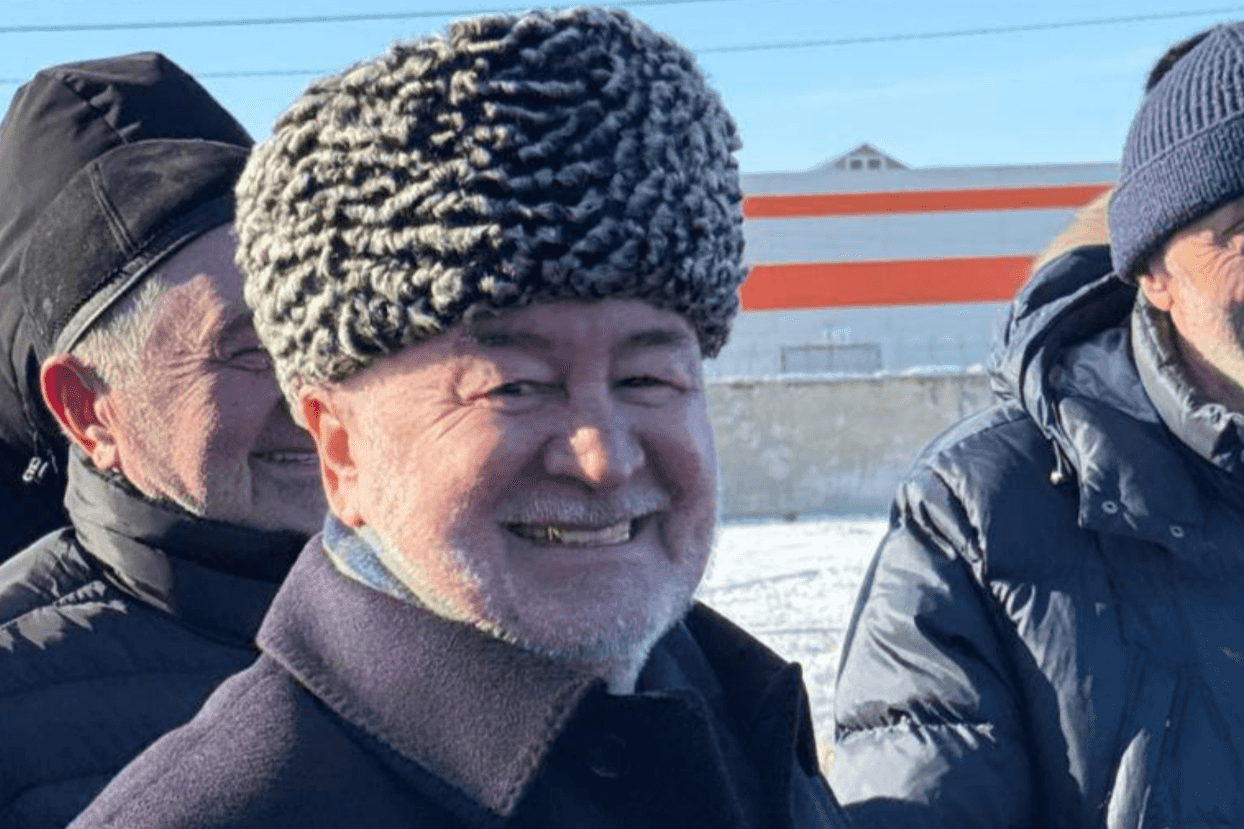‘Why shouldn’t Ukraine take revenge?’: Russia’s full-scale war comes to the North Caucasus
Since July, multiple republics in the North Caucasus have been subjected to drone attacks. There has been limited official information about the attacks, and Ukraine has declined to claim responsibility.

On the morning of 15 December, three drones attacked the Chechen capital, Grozny. According to Chechen head Ramzan Kadyrov, two of the drones were shot down by the city’s air defense systems, while the third fell on the territory of the Akhmat Grozny unit of the Russian National Guard.
It was the fourth attack in Chechnya since October.
‘Before, we always thought that nothing would reach us. Firstly, the border is far away, and secondly, Chechnya is very important to Putin, a strike on Chechnya means Russia’s vulnerability’, a resident of the Chechen village of Sernovodskoye tells OC Media. The woman requested to remain anonymous for security reasons.
‘Now you go to bed and think, what if a drone is shot down over our house at night? I have even thought of moving to relatives in another country just to keep my children safe’, she adds.
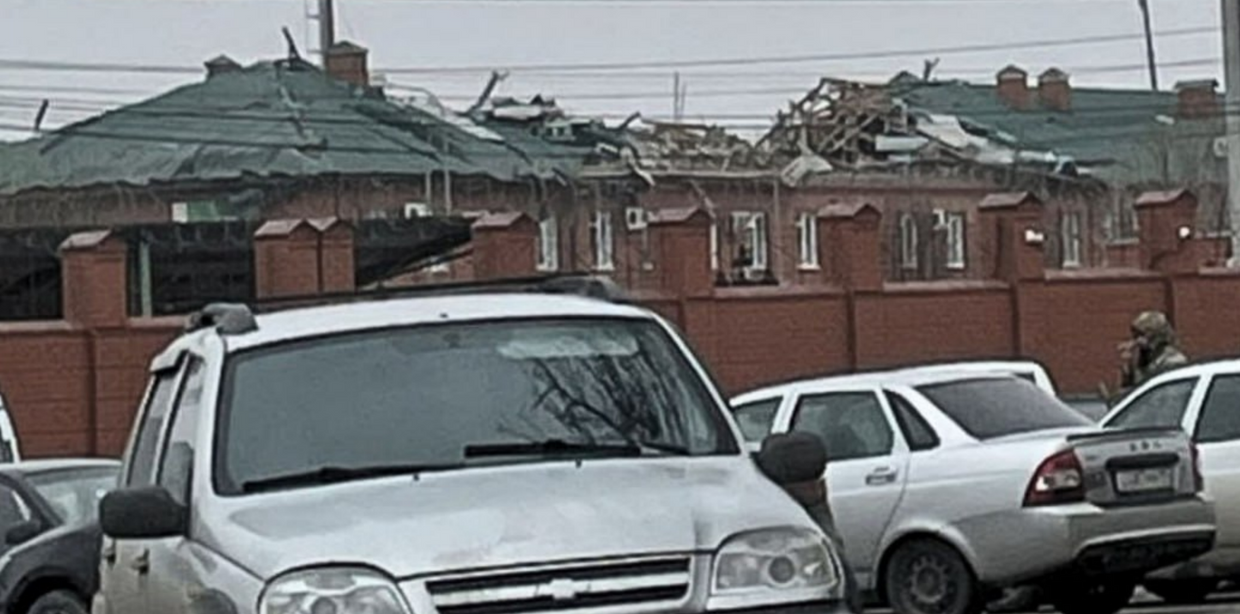
The woman survived the first and second Chechen wars as a young girl, while her ancestors survived being deported to Kazakhstan in 1943. Now the family faces a whole new set of challenges.
‘Kadyrov talks a lot about security, but how can you be sure of anything? Besides, there are rumours that drones are being launched by the FSB to intimidate Chechens. Who knows, maybe it is true. Until the Russian authorities change, we won’t know anything,’ she tells OC Media.
Kadyrov has repeatedly promised revenge following drone attacks, including suggesting that Ukrainian POWs should be used as human shields at potential military targets in the republic and beyond.
‘Why shouldn’t Ukraine take revenge?’
The first republic in the North Caucasus to be targeted by a drone attack was North Ossetia, which was struck twice in July 2024.
According to the republic’s head, Sergei Menyailo, the first attack caused ‘minor destruction and fires’ at the Mozdok military airfield. He later deleted his statements from his official Telegram channel.
During the second attack that month, Menyailo claimed that ‘there were no casualties and destruction’.
A resident of Mozdok who spoke to OC Media on the condition of anonymity says that he has been waiting since the beginning of Russia’s full-scale invasion for the military airfield in Mozdok to become a target.
‘Our [Russian soldiers and politicians] cannot help but boast, they have always published everywhere that all the planes that bomb Ukraine are launched from here. In addition, they also publish stories about the “exploits” of Ossetian servicemen who are supposedly so brave. One thing can be said: There are a lot of them [at the front], if we judge by the number of dead. Why shouldn’t Ukraine take revenge?’, he tells OC Media.
According to the latest data, over 600 North Ossetians have died fighting in Ukraine.
Not everyone is worried about being attacked, however.
A resident of North Ossetia’s capital Vladikavkaz tells OC Media that she is ‘sure that Vladikavkaz is not under threat’.
‘There are many other sites that would be more interesting as targets. And we have a quiet city here’, she says, speaking to OC Media on the condition of anonymity.
The most recent drone attack in North Ossetia occurred on 12 December, the target again being the Mozdok military airfield. According to the Russian Defence Ministry, all three ‘Ukrainian drones’ were shot down.
In turn, the republic of Daghestan was first targeted in November, when a group of drones attacked the Caspian Sea port city of Kaspiysk two times, which is home to a base of Russia’s Caspian Flotilla.
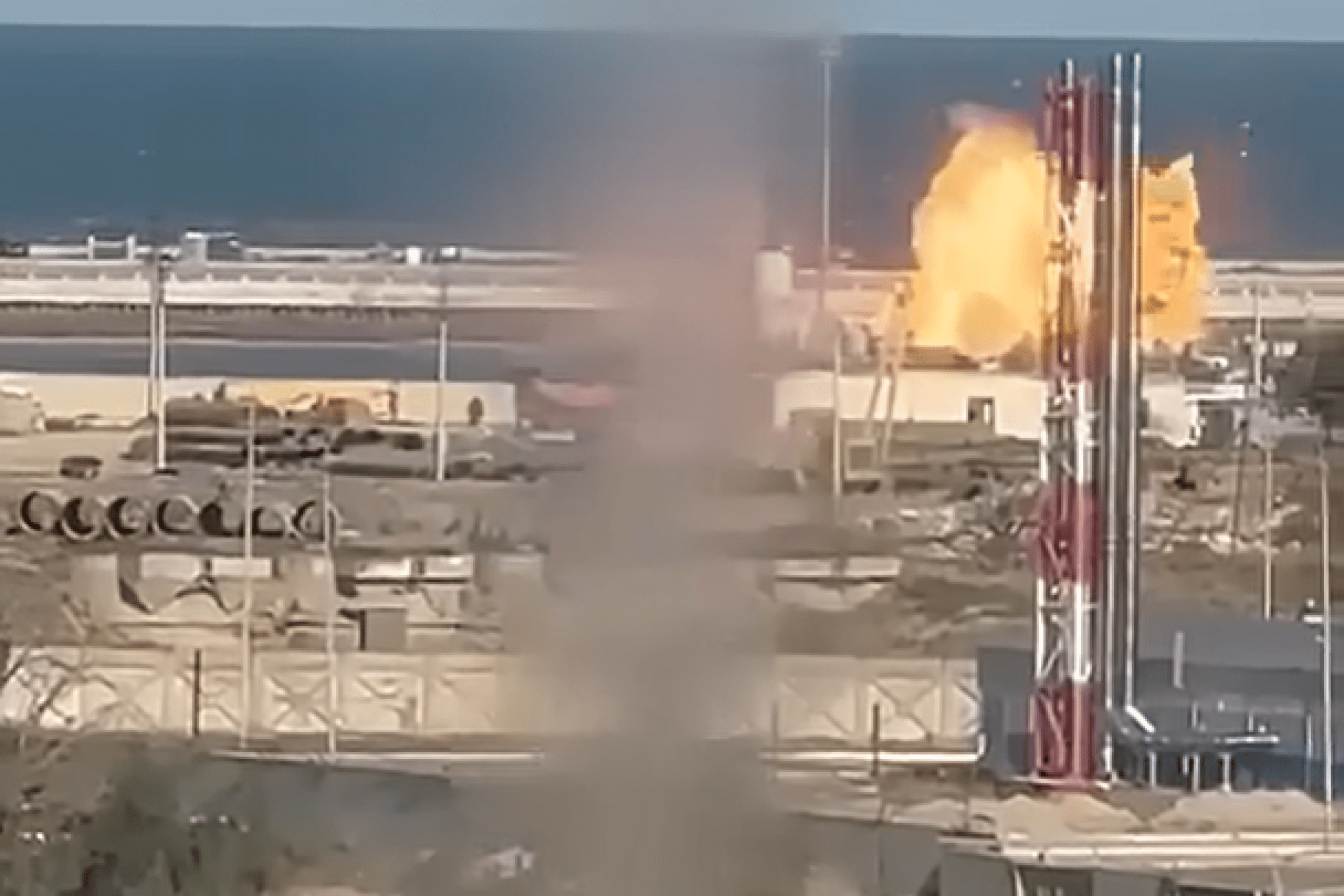
At the time, the head of Daghestan, Sergei Melikov, claimed there were no casualties or damage. Ukrainian intelligence, however, told the UNIAN media outlet that two missile ships, the Tatarstan and the Daghestan, as well as other small naval vessels, were damaged.
‘A window of opportunity’
Fabian Hoffman, a military expert and doctoral research fellow at Oslo Nuclear Project, believes that the intensification of attacks on the North Caucasus is directly related to the situation on the frontlines in Ukraine.
‘First of all, there was a window of opportunity that the Ukrainians saw in the summer, probably because they figured out by then that the Russian lines were very weak along these front lines and they could be penetrated quite easily. Another factor was that the Ukrainians saw the very experienced, well-equipped troops slowly dwindling along the more hardened parts of the front line, but there wasn’t really any movement’, Hoffman tells OC Media.
According to Hoffman, military reasons played a big role in the emergence of drone attacks in the North Caucasus.
‘Basically, the Ukrainians thought to themselves, we can either continue the game that we’re currently playing, where we slowly lose our experienced troops, or we can move these experienced troops towards a new area of the frontline where they can penetrate the adversary and go from the stationary kind of very attritional warfare towards a maneuver warfare where their experience can really be shown and be demonstrated and have a really good effect in terms of fighting effectiveness’, he adds.
In addition, on the political side, Hoffman says there were multiple proposals throughout the year from a Russian perspective that Ukraine should freeze the borders along the current frontlines.
‘That was very attractive and easy as long as [Russia] occupied Ukrainian territory. But when Ukraine started occupying Russian territory, this whole calculation changed’, Hoffman says.
‘Any claims that the conflict was just frozen have become a lot more difficult now that Ukraine also occupies territory’.
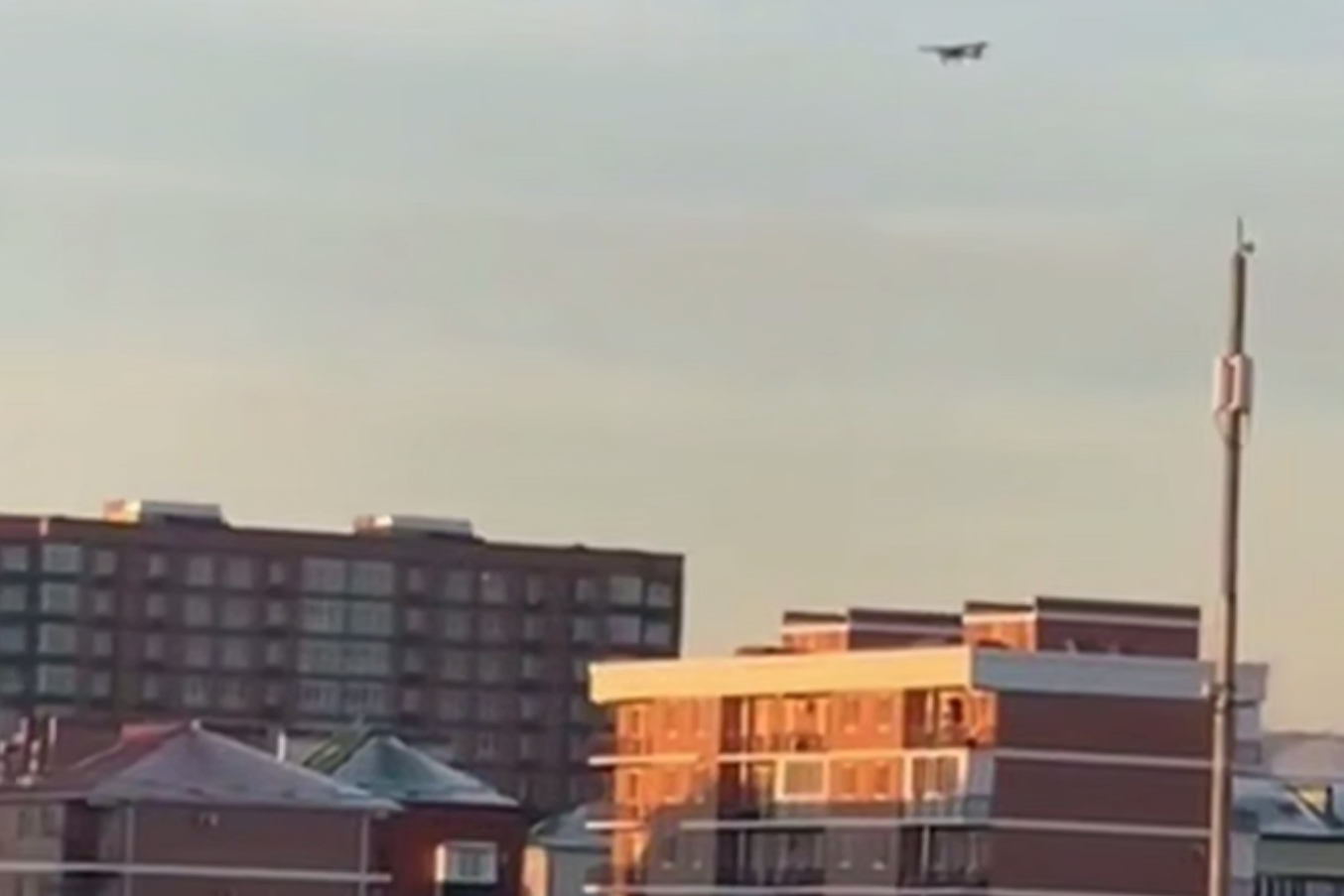
Hoffman believes that the main aim of the current drone attacks is to complicate the political landscape for unilateral post-war agreements.
‘Of course, it’s a bit of a double-edged sword because the Ukrainians that are sitting in Kursk right now are also missing at other parts of the frontline on the Ukrainian side. I think there’s also a positive military effect that you take off pressure from other parts of the front’, he tells OC Media.
However, he adds that this is just a preliminary assessment, and that there are no perfect insights into how many losses each side incurs.
‘If we had more detailed insights, it might be that this [situation] is shifting, but from what I’m seeing and what Ukraine assumes, being in the Kursk region so far has been more positive than negative,’ Hoffmann says.
‘Ukraine sees Chechens as its allies, not enemies’
‘These attacks were bound to happen sooner or later. I am surprised that they appeared so late and not much earlier’, Islam Belokiev, a Chechen political blogger and former spokesman for the Sheikh Mansur Ichkerian battalion fighting for Ukraine, tells OC Media.
According to Belokiev, Kadyrov did everything he could in order to provoke a response from Ukraine.
‘He shouted, he screamed, he shook the air, he dreamed: When he was in Mariupol, when he heard all these explosions, rumblings, sounds of war, he, to quote verbatim, “felt high, remembering the old days when the same war was in Chechnya”. This war came to him [Kadyrov], he brought it, he brought it home to us’, Belokiev says.
Before, Belokiev says that Kadyrovtsy (a term to describe security forces under the command of Ramzan Kadyrov) were shouting from the rooftops that the Chechen wars had ended due to Kadyrov’s father, Akhmat Kadyrov, arguing that ‘it was better to be friends with Russia than to let even one Chechen die, than to let even one Chechen mother shed a tear’.
‘Yet today they are forcibly sending hundreds and thousands of people to this war’, he emphasises.
Belokiev believes that specific targets in Chechnya were chosen because the most elite soldiers and commanders are concentrated there. Chechnya, Belokiev notes, constantly uses [these sites] as a PR tool, claiming soldiers are being trained at facilities in the republic.
‘I think that hitting these very objects carries a purely symbolic meaning, since there are much more important objects on the territory of Chechnya that could be hit from the Ukrainian point of view — the Russian military bases that are in the mountains, the FSB building that is located in Grozny, not far from the railway station, and so on. Even the residence of Ramzan Kadyrov!’ Belokiev argues.
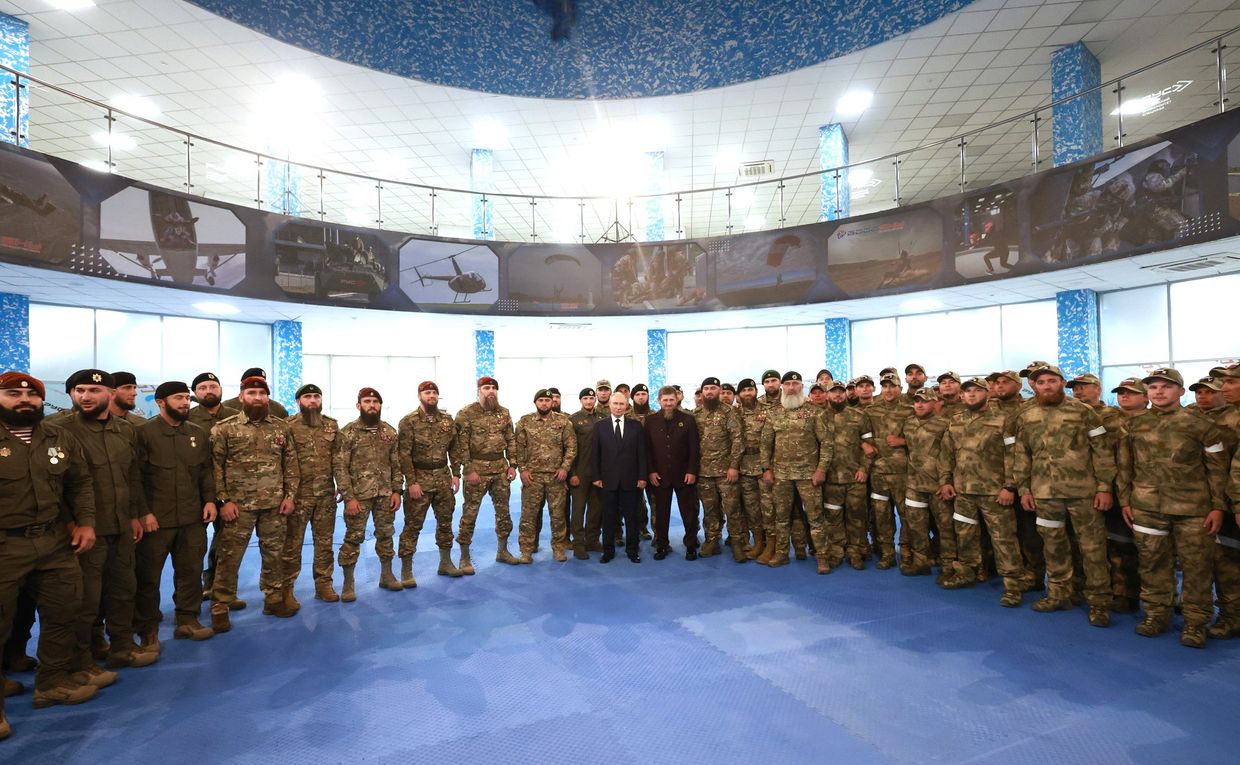
According to Belokiev, Ukraine is not taking responsibility for these attacks because ‘Ukraine sees Chechens as its allies rather than enemies’, noting that Ukraine has recognised Chechnya as an occupied territory.
‘The Kadyrovtsy are not afraid to shoot down drones over residential buildings. They don’t try to shoot them down over some fields, or something. This shows that they don’t care about ordinary people. And if these drones fall somewhere and hit the civilian sector and civilians get hurt, it will not be Ukraine’s fault, but the Russian leadership, including the regional leadership,’ Belokiev argues.
Belokiev believes that the attacks will continue and increase along with dissatisfaction with Kadyrov’s policies.
‘The Chechens’ war for their independence can somehow be understood from the point of view of morality, from the point of view of universal human principles and the desire to be free, but the war for Russia against Ukraine is not understandable at all. It cannot be explained, because it is not a war for freedom, it is not a war for any values. It is simply a war for the Kremlin’s ambitions, for the imperial world’, Belokiev says.
‘There is absolutely no doubt that the FSB is launching them’
Not everyone is convinced that Ukraine has been behind the attacks, given that the country has yet to take credit for them, and instead have pointed to other, often unsubstantiated, theories and explanations.
Belokiev points out while speaking to OC Media that the drones appearing in video footage are very slow.
‘It makes one wonder why they flew over the whole of Russia, why nobody shot them down or tried to shoot them down. A huge number of different versions arise here, including that it’s the FSB guys themselves shelling Chechnya, that it's not Ukraine. There is a version that perhaps these are saboteurs who somewhere print drones on 3D printers, assemble them, and launch them already from the territory of Russia, and perhaps even from the territory of the North Caucasus’, Belokiev notes.
Ruslan Kutayev, president of the civil society organisation Assembly of Peoples of the Caucasus, is absolutely certain that the FSB is behind the attacks on the North Caucasus republics, referring to ‘precise data’.
‘These are “corn planes”, which have a speed of only 50-70 kilometres per hour at best. To cover 1,300 kilometres, this UAV has to fly for more than a day. This is unreasonable and unrealistic. That is why there is absolutely no doubt that the FSB is launching them in Chechnya, in Grozny, against the Kaydyrovtsy, for its own internal [reasons], not fully understood by us, but there is no doubt that they exist. These are not Ukrainian UAVs, they are Russian UAVs, and they have a registered address — it is the FSB,’ Kutayev tells OC Media.
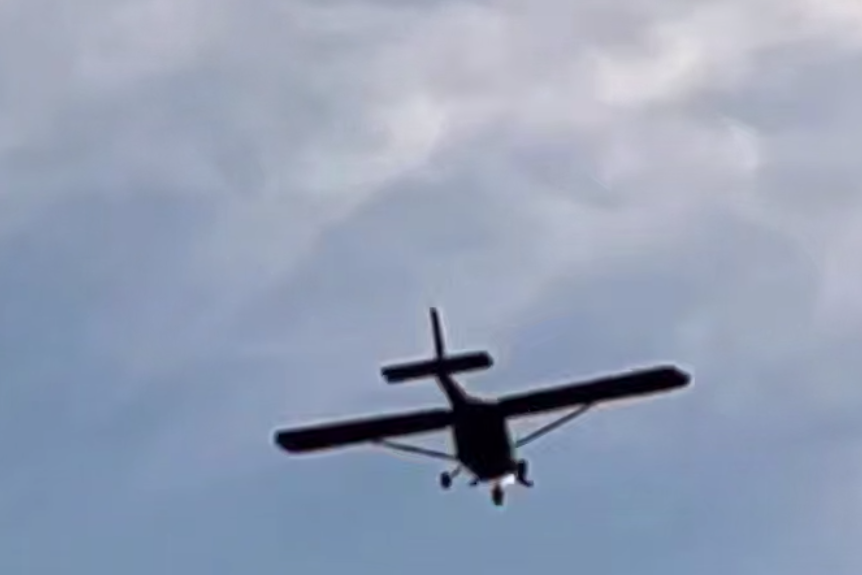
Kutayev believes that the attacks on Chechnya are an attempt by the FSB to pressure Kadyrov into sending more people to Ukraine. He cites the targets chosen — mainly police regiments — as an argument.
In his opinion, if the drones were Ukrainian, they would have flown to the city of Khankala, where the military leadership is located and where there is an airbase.
‘It reminds me of the beginning of the First Chechen War and the Second Chechen War. This is how the FSB operated. First some kind of artillery strike, then let’s say an attack on a checkpoint where Chechens were standing, where two or three were killed. Then a mortar attack. They’ve been slowly expanding like that, time after time after time. And it's dangerous for the population’, Kutayev says.
‘These are very bad signals. I don’t think there were any other attacks hidden by the Chechen leadership, I would have learnt about it, even though people are afraid to talk about such things,’ he notes.
Another theory promoted by sources from Ukrainian intelligence links the drone attacks in Chechnya to the deadly shooting at the Moscow office of the online retailer Wildberries, centering around a conflict between Kadyrov and lawmakers from neighboring North Caucasian republics.
[Read more: Kadyrov threatens blood feud against three Russian lawmakers]
Ukraine has not yet made an official statement about the attacks on Chechnya and North Ossetia. The only target confirmed by Ukrainian journalists, citing their sources, was the attack on the Caspian Flotilla ships in Daghestan.






